Tag: state senate
-
January 2021 breakdown of state legislative party membership: 54.27% Republicans, 44.86% Democrats
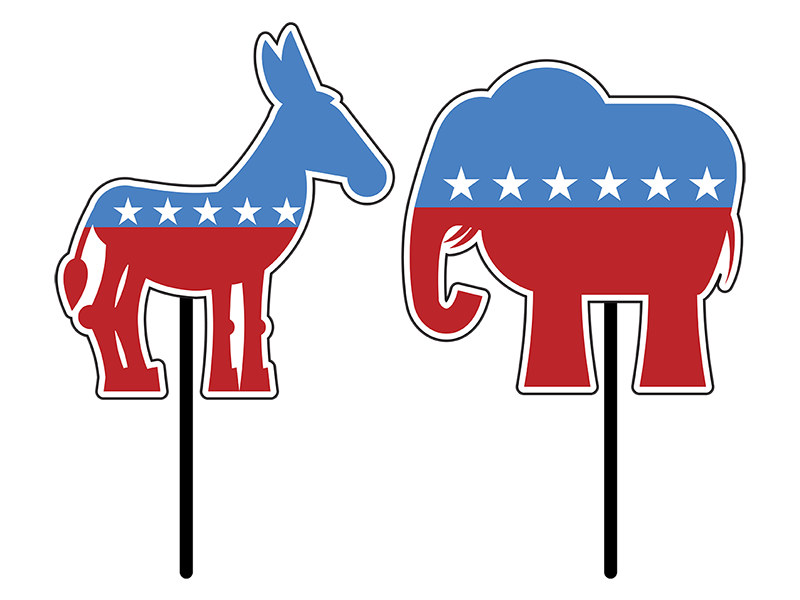
According to Ballotpedia’s January partisan count of the 7,383 state legislators across the United States, 54.27% of all state legislators are Republicans and 44.86% are Democrats. Ballotpedia did not provide partisan counts for December 2020 because the number and partisan affiliation of state legislators fluctuated as officeholders were sworn in and out of office following…
-
19 states saw at least one party with a net gain of seats in both state legislative chambers
Following the Nov. 3, 2020, elections, there were 19 states where either Democrats, Republicans, or both had a net gain of seats in both the state House and Senate. Democrats had a net gain in both chambers of six states, seeing their largest net gains in Connecticut, where Democrats picked up a net of six…
-
Pennsylvania State Senate District 48 special election set for May 18, 2021
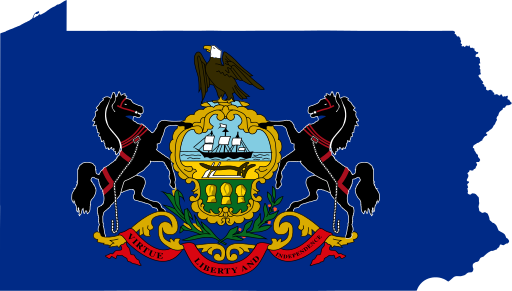
Election officials have scheduled a special election for the District 48 seat in the Pennsylvania State Senate for May 18, 2021. The seat became vacant when David Arnold (R) died from brain cancer on Jan. 17. There is no primary, and candidates will be nominated directly by political parties.
-
Michigan State Senate District 8 special election set for Nov. 2, 2021
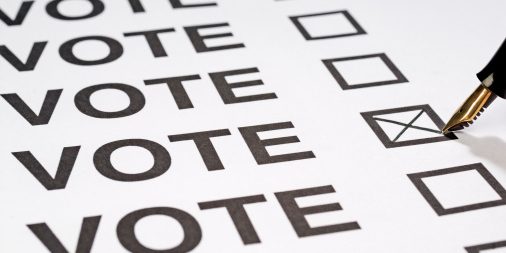
Election officials have scheduled a special election for the District 8 seat in the Michigan State Senate on Nov. 2, 2021. The seat became vacant when Peter Lucido (R) was sworn in as Macomb County prosecutor. The primary is on Aug. 3, and the filing deadline is on April 20. Additional reading: Michigan State Senate,…
-
Michigan State Senate District 28 special election set for Nov. 2, 2021
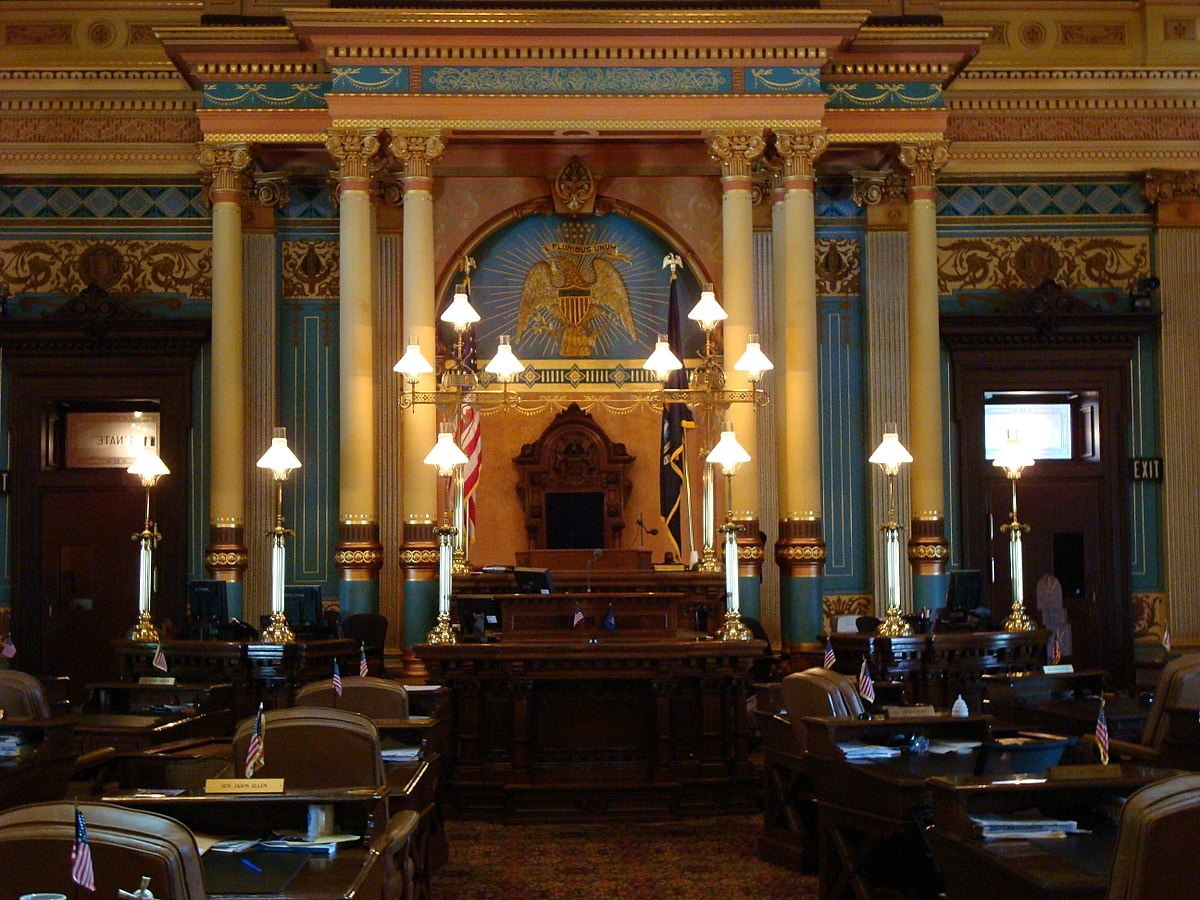
Election officials have scheduled a special election for the District 28 seat in the Michigan State Senate on Nov. 2, 2021. The seat became vacant when Peter MacGregor (R) was sworn in as Kent County treasurer. The primary is on Aug. 3, and the filing deadline is on Apr. 20. Additional reading: Michigan State Senate…
-
Virginia State Senate District 38 special election set for Mar. 23, 2021

Election officials have scheduled a special election for the District 38 seat in the Virginia State Senate for Mar. 23, 2021. The seat became vacant when A. Benton Chafin (R) died on Jan. 1 from complications related to coronavirus. There is no primary, and the filing deadline is on Jan. 22.
-
Mike Kennedy sworn in to Utah State Senate
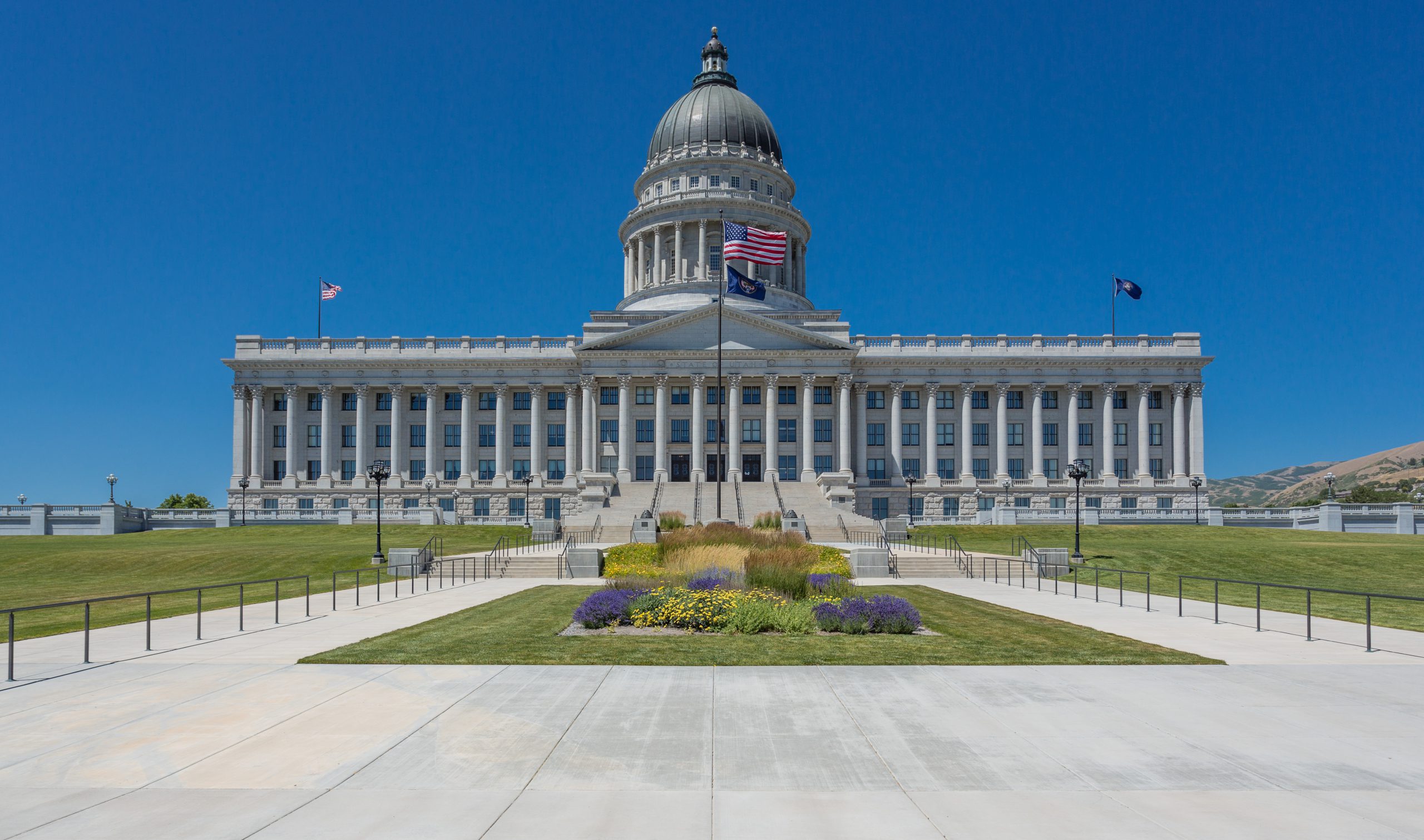
On Jan. 5, Mike Kennedy (R) was sworn in as a member of the Utah State Senate. Kennedy won a special election on Dec. 29, 2020, to fill the seat vacated by former Sen. Daniel Hemmert (R). Hemmert resigned to take a job as the executive director of the Governor’s Office of Economic Development under…
-
California State Senate special election filing deadline is Jan. 7, 2021

Candidates interested in running in the special election for California State Senate District 30 have until January 7, 2021, to file. The primary is scheduled for March 2, and the general election is set for May 4. The special election was called after Holly Mitchell (D) left office when she was elected to represent District…
-
Wisconsin State Senate District 13 special election set for Apr. 6, 2021

Election officials have scheduled a special election for the District 13 seat in the Wisconsin State Senate on Apr. 6, 2021. State Senate Majority Leader Scott Fitzgerald has said he will resign on Jan. 1 before he is sworn in to the U.S. House of Representatives on Jan. 3. Fitzgerald was elected to Wisconsin’s 5th…
-
California State Senate District 30 special election set for May 4, 2021
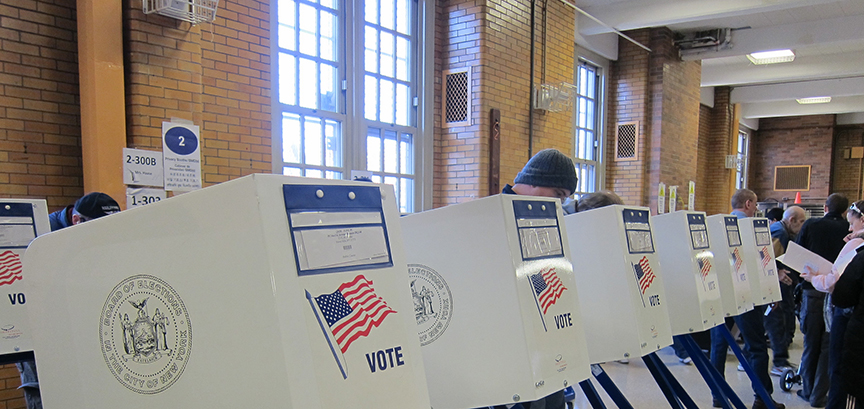
Election officials have scheduled a special election for the District 30 seat in the California State Senate on May 4, 2021. The seat became vacant after Holly Mitchell (D) was sworn in as a member of the Los Angeles County Board of Supervisors. The primary is on March 2, and the filing deadline is on…

